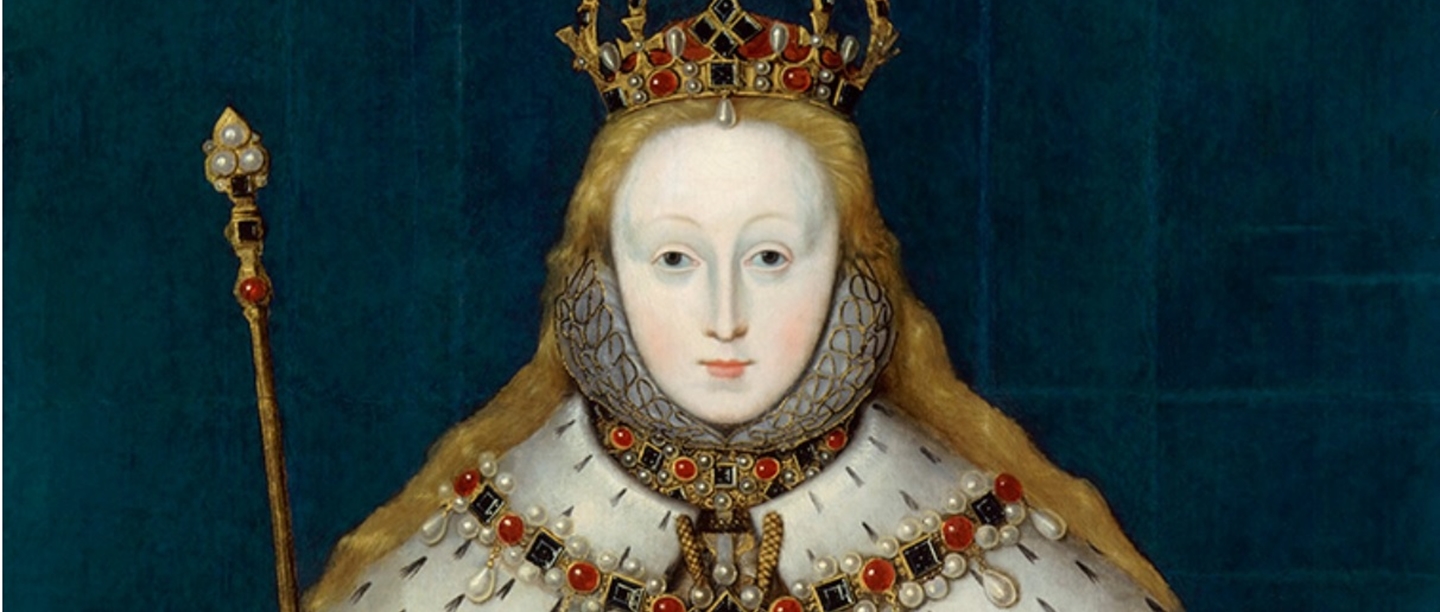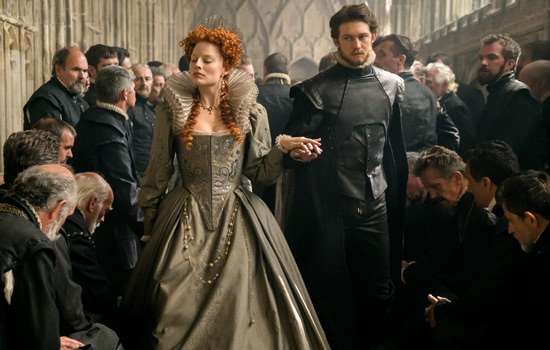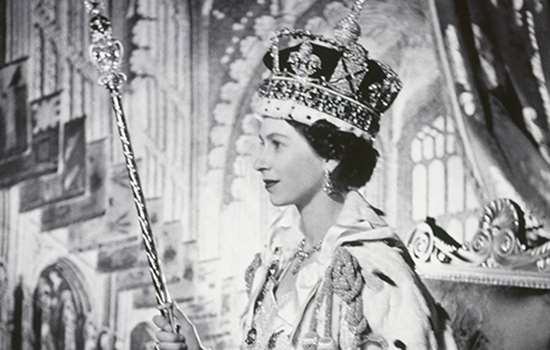
When Elizabeth I became queen upon the death of her half-sister ‘Bloody’ Mary on 17 November 1558, there was great rejoicing across the kingdom. Church bells were rung and bonfires were lit, and thousands of people gathered to drink and make merry.
Beneath the euphoria, however, lay the deep-seated prejudice against female rulers that had existed for centuries. The vast majority of Elizabeth’s new subjects believed that women were naturally inferior to men in every respect. They had neither the intelligence nor the strength of character to make their own way in the world. Even Elizabeth’s closest adviser, William Cecil, was furious when one of the Queen’s messengers discussed with her a dispatch for her ambassador in Paris, exclaiming that it was ‘too much for a woman’s knowledge.’
Being single was a cornerstone of her success
Whereas Mary had confirmed such prejudices during her brief, disastrous reign, Elizabeth set out to confound them. Although she shared her male subjects’ views on the inferiority of women, she saw herself as an exception and was determined to stamp her authority upon all aspects of her court and government.
She started by refusing to marry – a deeply shocking concept in an age when it was universally accepted that a woman (let alone a queen) could not make her way in the world without the guidance of a husband. But Elizabeth was adamant: ‘I will have but one mistress here, and no master’, she told her courtiers. Although she encountered fierce resistance to this at first, over time her single state became one of the cornerstones of her success: it secured her place as the Virgin Queen of legend.
Queen Elizabeth I © National Portrait Gallery
She knew how to use stereotypes
Another part of Elizabeth’s strategy to win over her misogynistic new subjects was to refer to herself time and again in masculine terms. She was a ‘prince’ who led her people with just as much authority as her formidable father, Henry VIII.
But she also knew exactly when to flaunt her femininity. She created a court based upon the principles of chivalric love, with herself at the centre – at turns delighting, frustrating and enslaving the male courtiers who flocked to pay her homage.
She would also use her womanly ‘weaknesses’ as an excuse not to take action. When under intense pressure to sign the death warrant of Mary, Queen of Scots, she told a parliamentary delegation that ‘my sex doth not permit it.’
Queen Elizabeth I’s legacy
Elizabeth’s first biographer, William Camden, claimed that she had ‘surprised her sex’. This implies that she triumphed in spite of being a woman, whereas in fact she triumphed because of this. Her feminine traits had enabled her to stand out in a world dominated by men – and to dominate these men in turn.
After just a few months on the throne, her successor, James I, had so alienated his English subjects that they were longing for the days when they had been ruled by a woman. Elizabeth’s greatest triumph, it seems, was to make us fall in love with queens.
What impact did women have on English history?
In a survey we commissioned for Women’s History Month (March 2016) we discovered that 40% of people thought that women did not impact history as much as men.
We’re aiming to help change this perception and celebrate Women in History with a series of blogs, articles and profiles of just a few of the women whose contribution to England’s history you might not have heard about.
Who has inspired you the most? Tell us in the comments or connect with the conversation on Twitter using #womeninhistory
More to explore
-

Elizabeth I and Robert Dudley
Queen Elizabeth I and Robert Dudley were certainly emotionally dependent on each other throughout their lives, but were they ever really lovers?
-

Elizabeth I in cinema
Historian, author and broadcaster Kate Williams looks at the different portrayals of Elizabeth I on screen to separate fact from fiction.
-

Longest reigning monarchs
Who are our longest-reigning monarchs, how did their reigns change England and Britain, and what can we see of their reigns today?